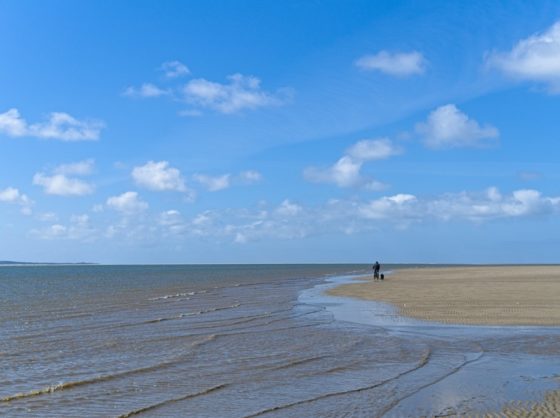‘Protect typically Dutch landscape, ease pressure on farmers’: experts


A way out of the nature versus farmers controversy could be a re-evaluation of what constitutes ‘essential nature’ in the Netherlands, experts have told the AD.
The current plans to curb nitrogen-based pollution will hit farmers disproportionately hard, the experts claim, particularly those whose farms border on one of the country’s 162 protected Natura2000 areas.
Christianne van der Wal, the Netherlands’ first minister for nature and nitrogen, said in April her plans would ‘accelerate and sharply reduce nitrogen emissions – voluntarily where possible, mandatory where that is not possible.’
The government also reaffirmed its targets: by 2030, nitrogen emissions should be cut by 50% and 75% of the nitrogen-sensitive Natura 2000 areas should be back at a ‘healthy level’.
But the Netherlands would do well to rethink the nature of the future, professor of environmental sustainability Jan Willem Erisman said. ‘In the short term we simply have to comply with the rules of the EU regarding the protection of nature and that means a rigorous policy on nitrogen-based pollution.
‘But for the longer term we must go to Brussels and start a discussion on what constitutes essential nature,’ Erisman said.
Dutch landscapes
The Wadden sea, the dunes and the river delta would be obvious choices, Erisman said, but a small Natura2000 area near Germany with flora that can be found in much greater quantities just across the border would perhaps no longer have to qualify. That would ease the pressure on farmers, he said.
Professor of sustainable development and food security Rudy Rabbinge told the AD a redefinition of the type of nature which needs protecting does not mean less nature. ‘We need more, but based on a smart vision. If Rutte has got a good story, they’ll listen,’ Rabbinge said.
According to a spokesman for the agriculture ministry various ministers have already presented similar proposals to the European Commission. ‘But Brussels says: reduce your nitrogen emissions, then we’ll talk’.’
Thank you for donating to DutchNews.nl.
We could not provide the Dutch News service, and keep it free of charge, without the generous support of our readers. Your donations allow us to report on issues you tell us matter, and provide you with a summary of the most important Dutch news each day.
Make a donation